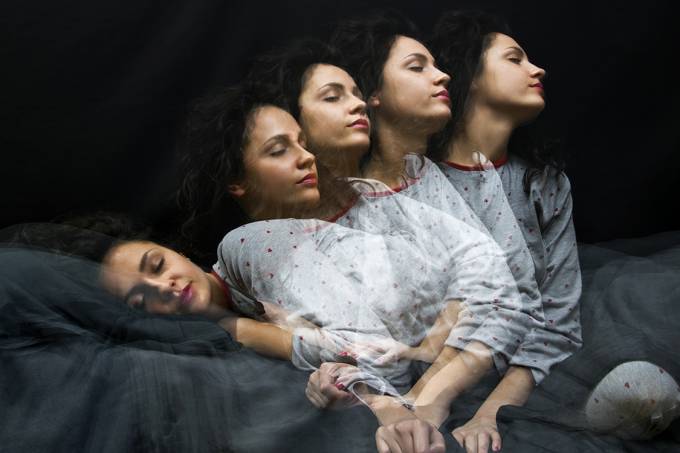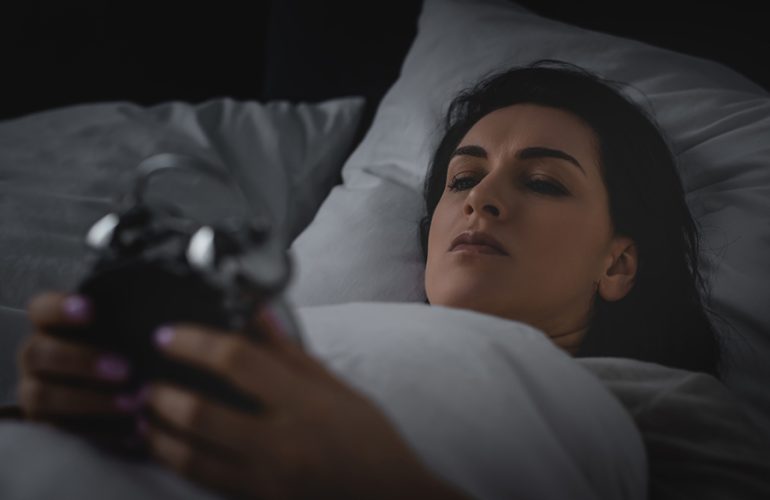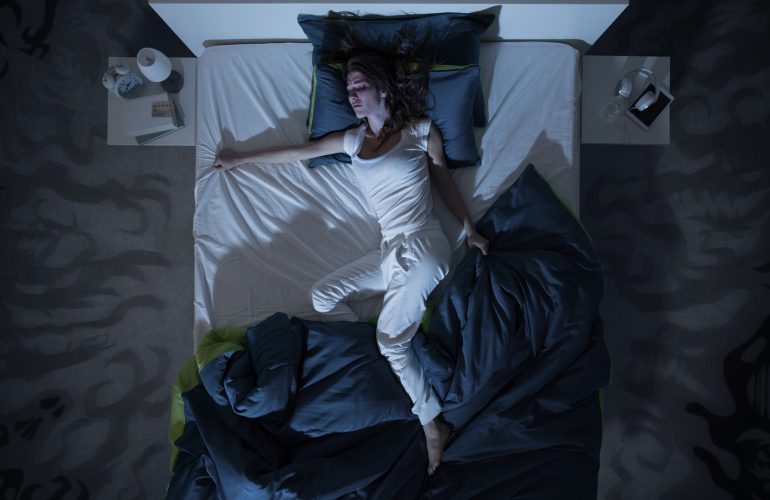[seasidetms_row data_shortcode_id=”k3m04l2p9e” data_padding_bottom_mobile_v=”0″ data_padding_top_mobile_v=”0″ data_padding_bottom_mobile_h=”0″ data_padding_top_mobile_h=”0″ data_padding_bottom_tablet=”0″ data_padding_top_tablet=”0″ data_padding_bottom_laptop=”0″ data_padding_top_laptop=”0″ data_padding_bottom_large=”0″ data_padding_top_large=”0″ data_padding_bottom=”50″ data_padding_top=”0″ data_bg_parallax_ratio=”0.5″ data_bg_size=”cover” data_bg_attachment=”scroll” data_bg_repeat=”no-repeat” data_bg_position=”top center” data_color=”default” data_bot_style=”default” data_top_style=”default” data_padding_right=”3″ data_padding_left=”3″ data_width=”boxed”][seasidetms_column data_width=”1/1″ data_shortcode_id=”bslyjv9ja” data_animation_delay=”0″ data_border_style=”default” data_bg_size=”cover” data_bg_attachment=”scroll” data_bg_repeat=”no-repeat” data_bg_position=”top center”][seasidetms_text shortcode_id=”97plvkrnj” animation_delay=”0″]
As men age, the years between 40 and 60 bring about sleep issues, with many feeling tired upon waking and reporting a lack of vitality and energy throughout the day. This condition is typically caused by sleep apnea and other sleep-related disorders, and in this blog we’re going to provide some compelling reasons why a good night’s sleep may be the best gift for the special dad in your life this Father’s Day.
Okay, so as we alluded to, it is probably not realistic to assume we will sleep as soundly, or as long, once we’re older. That being said, although aging by itself does alter sleep patterns, it’s also quite common for adults to develop health problems that can lead to disturbances with sleep (as we also hinted at above). Determining what’s going on with dad should be the primary step when trying to improve things.
Sweet Sleep Studio Fun Fact: Getting enough good quality sleep helps maintain the health of the brain, physicality and mood.
The typical triggers of sleep problems in adults (beginning at age 40) include:
- Underlying Medical Condition – Although adults do often endure what’s known as “primary” sleep disorders, a good number of issues they experience can be categorized as “secondary” sleep problems, which basically means they are taking a back seat to an underlying medical condition that does not exhibit sleep-related symptoms. These common health conditions can encompass heart and lung issues (heart failure, chronic obstructive pulmonary disease), gastroesophageal reflux disease, pain-related illnesses such as osteoarthritis, urinary problems caused by an overactive bladder or enlarged prostate, mood problems like anxiety/depression and more.
If dad is having difficulty sleeping, first eliminate the possibility that one of these common conditions isn’t contributing to the problem. Addressing an underlying issue – such as night pain that’s going untreated – can often improve sleep (we’ve seen it), and it can also be helpful to consult a pharmacist regarding all prescription and OTC drugs to ensure these aren’t contributing to sleep habit problems.
- Snoring, Sleep Apnea and Other Forms of Sleep-Related Breathing Disorders – Sleep-oriented breathing issues (sometimes called sleep-disordered breathing) are often lumped into an umbrella term known as “SRBD” or sleep-related breathing disorders, and this encompasses a host of problems related to the breathing-while-sleeping process. Sleep apnea is one of the most common conditions vital to diagnose because it has been linked to a myriad of other health problems, notably in middle-aged adults; the most common form is obstructive (OSA) in which pauses in breathing are caused by blockages in the breathing passages. A lesser-known variant is central apnea, in which the pauses are associated with brain changes.
For adults with symptomatic OSA, daytime sleepiness can be reduced and quality of life improved via specialty treatment.
- Restless Leg Syndrome (RLS) – This condition causes manifestations of itching, crawling or restlessness sensations as an individual attempts to fall asleep. The symptoms are quite unpleasant but not typically painful, and normally improve with circulation-enhancing movement; the exact biological underpinnings of this condition remain something of a mystery, but it is believed to be related to iron levels and dopamine in the brain. Why it’s important to know if dad suffers from this is because RLS has been associated with sleep-onset insomnia, depression and anxiety, and it can get worse when taking certain medications.
Now that we’ve covered the top causes of sleep problems in adult males, we would love to hear from you with any additional questions. Contact Sweet Sleep Studio today at (913) 309-5963.
[/seasidetms_text][/seasidetms_column][/seasidetms_row]




